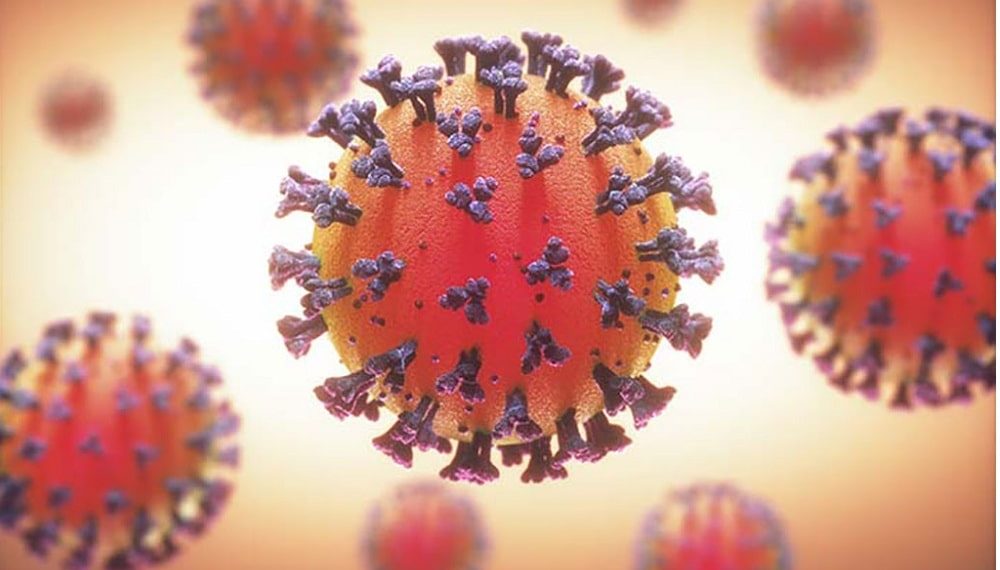Centivax has signed a strategic collaboration with the US Naval Medical Research Center (NMRC) to conduct Phase I clinical development of its SARS-CoV-2 antibody, Centi-B9.
Centi-B9 is designed as a broad-spectrum therapeutic and prophylactic for administration through injections. It is also expected to act as an adjunct to vaccines to ensure broad protection.
The antibody is engineered to neutralise the emergent Covid-19 mutated variants and showed broad-spectrum reactivity against 99.5% of all variants in the US.
It also demonstrated reactivity against more than 98% of Covid-19 variants seen worldwide which includes UK B.1.1.7, South African B.1.351, Brazilian P.1, New York B.1.526 and California B.1.429 strains.
Bioengineered for greater stability, reduced viscosity high concentration (250mg/ml) delivery, the antibody facilitates a prophylactic or therapeutic dose that can be administrated in a non-hospital setting via a single injection.
In addition, Centi-B9 was engineered using Xencor Xtend technology for improved safety and half-life.
Centivax CEO Dr David Gangemi said: “Our highly concentrated, thermostable, neutralising antibody fits the needs of the Navy, and DOD in general, in that it can be administered intramuscularly to warfighters in cramped quarters or austere environments to boost and extend protection already afforded by vaccination.
“Our antibody is highly effective against over 98% of the currently circulating variants and is a good fit for use in prolonged deployments when prophylaxis and/or post-exposure treatment is needed.”
As part of the collaboration, Centivax and NMRC will each provide a principal investigator for the clinical study.
NMRC will hold the Phase I clinical trial centre for intramuscular and subcutaneous administration of Centi-B9 and offer protocol development and medical management support.
Furthermore, the Henry Jackson Foundation is offering $4.2m non-dilutive funding for the trial. The Phase I trial, which will validate Centi-B9’s safety and pharmacokinetics in healthy subjects, is anticipated to start next month.
These Phase I studies will facilitate a Phase II/III adaptive trial later this year.
The Phase II/III trial will analyse the antibody’s efficacy in various patient populations, such as hospitalised Covid-19 patients, pre-hospitalised individuals with the infection, post-exposure prophylaxis as well as pre-exposure prophylaxis.
Centivax intends to submit an application to obtain Emergency Use Authorization (EUA) during the interim analysis of the trial.



















